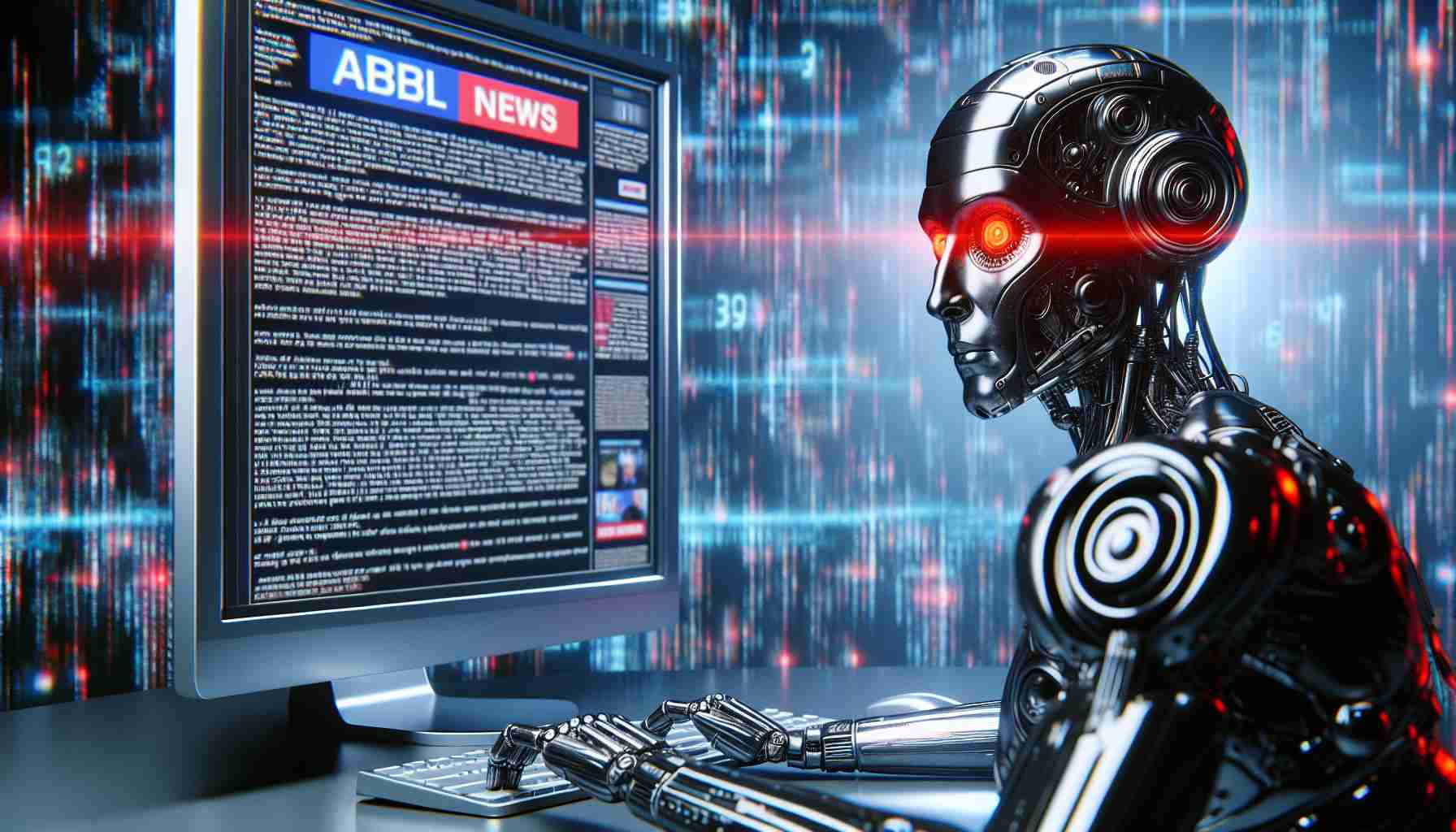In an increasingly interconnected world, Secretary of State Antony J. Blinken has raised concerns about the potential political consequences of artificial intelligence’s role in spreading disinformation. Speaking at the Summit for Democracy in Seoul, organized by the Biden administration, Blinken emphasized the urgent need to address the rising tide of disinformation that threatens democracies worldwide. He believes that the swift rise of artificial intelligence has fueled the spread of “suspicion, cynicism, and instability” across the globe.
Blinken acknowledges that the international flow of information has undergone profound changes, perhaps the most significant in his career. However, he warns that anti-democratic forces are taking advantage of these changes, using disinformation to exploit divisions within democratic nations. As nearly half of the world’s population prepares to hold elections this year, including India, the threat of manipulated information looms large.
While Blinken does not explicitly mention the United States’ upcoming presidential election, which analysts believe could be targeted by foreign-directed information campaigns, he underscores the need to be vigilant. He calls attention to the fact that adversaries are adept at laundering their propaganda and disinformation, making it difficult for news consumers to discern the reliability of content.
China, for instance, has strategically acquired cable television providers in Africa, subsequently excluding international news channels from subscription packages. This example highlights the sophisticated tactics employed to shape narratives and control the flow of information.
To combat the spread of disinformation, the United States actively promotes “digital and media literacy” programs abroad. These initiatives aim to equip news consumers with the critical thinking skills necessary to evaluate the trustworthiness of content. However, Blinken cautions that adversaries remain resourceful in their manipulation techniques.
As our world becomes more reliant on digital platforms and technological advancements like artificial intelligence, the battle against disinformation becomes increasingly complex. It is crucial for governments, media organizations, and individuals to work together to safeguard the integrity of democratic processes and protect the global flow of reliable information.
FAQ
What is disinformation?
Disinformation refers to false or misleading information deliberately spread with the intent to deceive or manipulate audiences. It is often used as a tool to influence public opinion, sow discord, undermine trust, or advance specific agendas.
How does artificial intelligence contribute to the spread of disinformation?
Artificial intelligence can be harnessed to amplify the dissemination of disinformation on a massive scale. Through algorithms and automation, malicious actors can target specific audiences and tailor misleading narratives, making it challenging to distinguish between authentic and false content.
What are the consequences of disinformation on democracies?
The spread of disinformation poses significant risks to democracies. It can undermine public trust in institutions, create divisions within societies, distort electoral processes, and erode the foundations of democratic governance. It also fosters cynicism and skepticism, hindering informed decision-making among citizens.
How can individuals protect themselves from disinformation?
To combat disinformation, individuals should cultivate critical thinking skills, verify sources, and avoid sharing unverified or sensationalized information. Fact-checking organizations, media literacy programs, and news literacy initiatives can provide valuable resources to help individuals navigate the complex landscape of digital information.
(Source: [The New York Times](https://www.nytimes.com))
In addition to the concerns raised by Secretary of State Antony J. Blinken regarding the role of artificial intelligence (AI) in spreading disinformation, it is important to understand the broader industry and market forecasts related to AI and its impact on information dissemination.
The AI industry has seen significant growth in recent years, with advancements in machine learning and natural language processing contributing to the development of sophisticated algorithms capable of generating and spreading disinformation. As AI continues to evolve, it is predicted to play an even larger role in shaping narratives and influencing public opinion.
Market forecasts suggest that the global AI market will continue to expand rapidly in the coming years. According to a report by Grand View Research, the global AI market size is expected to reach $733.7 billion by 2027, growing at a compound annual growth rate (CAGR) of 42.2% from 2020 to 2027. This indicates the growing importance and pervasiveness of AI technologies across various industries.
However, along with the advancements and market opportunities, there are also a number of issues and challenges associated with the use of AI in spreading disinformation. One of the key issues is the ethical implications of AI-driven disinformation campaigns. The malicious use of AI technologies to manipulate information can have severe consequences on democratic processes and societal stability.
Another challenge is the difficulty in detecting and countering AI-generated disinformation. AI algorithms can mimic human behavior and create content that is indistinguishable from authentic sources. This makes it challenging for individuals and organizations to discern between genuine and misleading information, impacting the reliability and integrity of information consumed by the public.
To address these challenges, governments and organizations are exploring various strategies and initiatives. These include the development of AI-driven tools and technologies to detect and combat disinformation, promoting media literacy programs to educate individuals about the risks of disinformation, and fostering collaborations between technology companies, researchers, and policymakers to develop ethical guidelines and regulations for AI use.
It is crucial for stakeholders across industries and society at large to actively engage in efforts to combat the spread of AI-generated disinformation. This includes supporting research and development in AI technologies for detection and prevention, raising awareness about the risks of disinformation, and promoting media literacy and critical thinking skills to empower individuals to navigate the digital landscape effectively.
For more information on AI, disinformation, and related topics, you can visit The New York Times’ website here.

